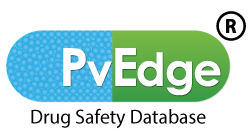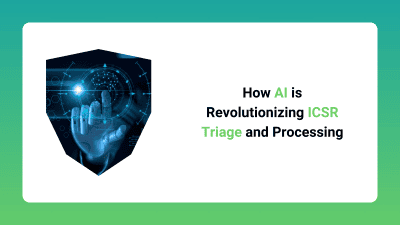ICSRs—Individual Case Safety Reports—are at the heart of pharmacovigilance. They carry the details of adverse events linked to drugs or vaccines, and how they’re handled can make a direct impact on patient safety. For years, managing and processing these reports was a human-driven process: download, read, check, classify, log, repeat.
It worked when volumes were small. But now? Not so much.
Today’s safety teams are receiving thousands of ICSRs from clinical trials, post-marketing surveillance, literature, and partners around the world. Manual processing can’t keep up with the speed or complexity. That’s why AI is stepping in—and it’s making a huge difference.
What AI Does Differently
AI brings speed, scale, and consistency to ICSR triage. Instead of someone having to manually review every detail, machine learning models can quickly scan structured and unstructured data, pick up relevant information, and make real-time decisions based on pre-trained logic.
For example, AI can:
Instantly determine if a case is serious or non-serious
Flag a case as valid or invalid based on regulatory criteria
Detect if a report is a duplicate or a follow-up
Extract key data from narrative texts using natural language processing (NLP)
This isn’t just faster—it’s also more consistent. Unlike human reviewers who may interpret things differently, AI applies the same logic every time. And that means better data quality.
Why This Matters for Regulatory Compliance
Health authorities like the EMA, FDA, and MHRA expect accurate, timely submissions of ICSRs. Delays in processing or misclassified reports can lead to compliance issues, fines, or even recalls.
AI allows companies to meet tight timelines and reduce errors that might go unnoticed in a manual setup. It also helps with audit trails and documentation by logging each decision made during the triage process.
A Smarter Way Forward
The real power of AI isn’t just automation—it’s insight. As it processes more cases, AI can identify patterns in data, flag emerging safety signals earlier, and even suggest how to prioritize certain reports. This kind of proactive safety surveillance wasn’t possible at scale until now.
AI in ICSR processing isn’t just a nice-to-have; it’s becoming essential. As the demands on pharmacovigilance teams increase, the smartest way to keep up isn’t by working harder—it’s by working smarter. And AI is helping make that shift possible.



